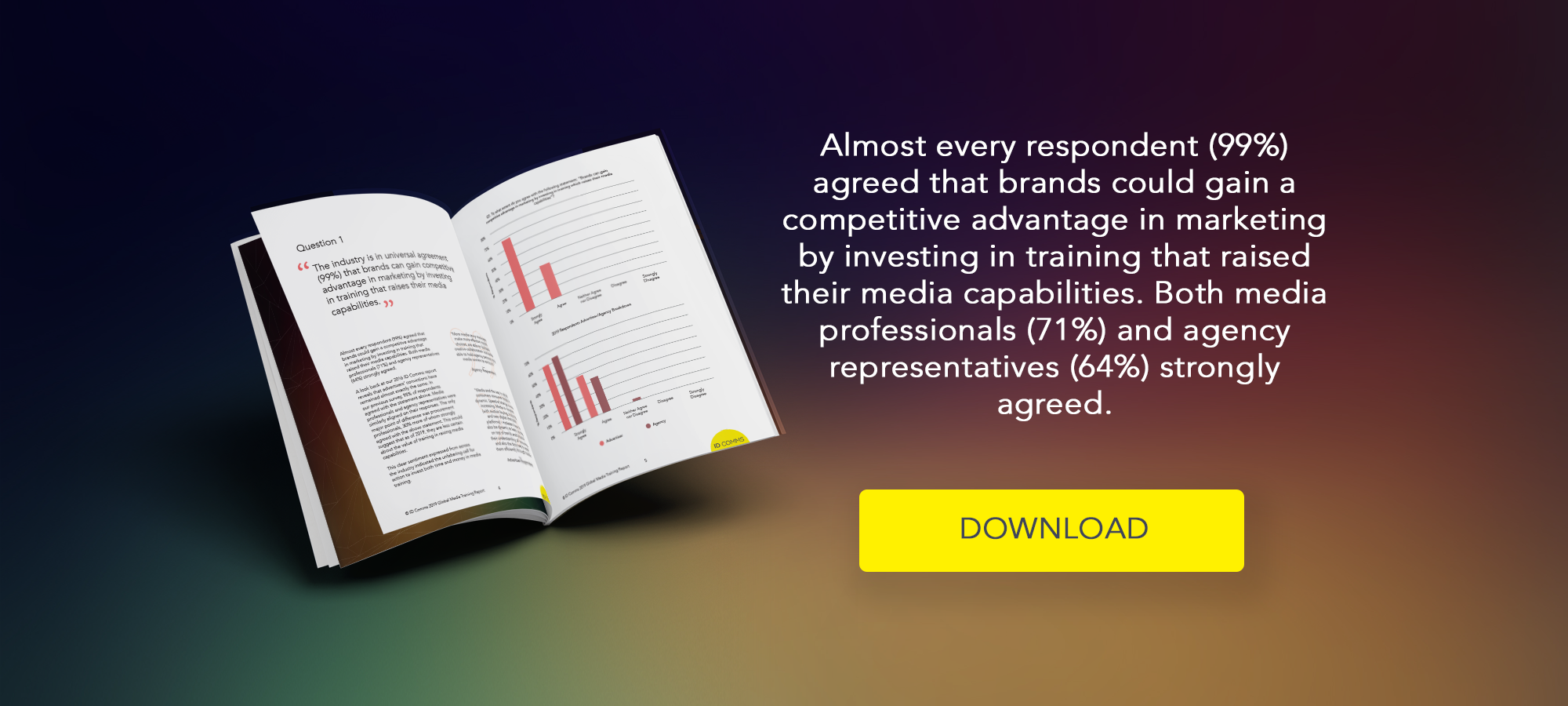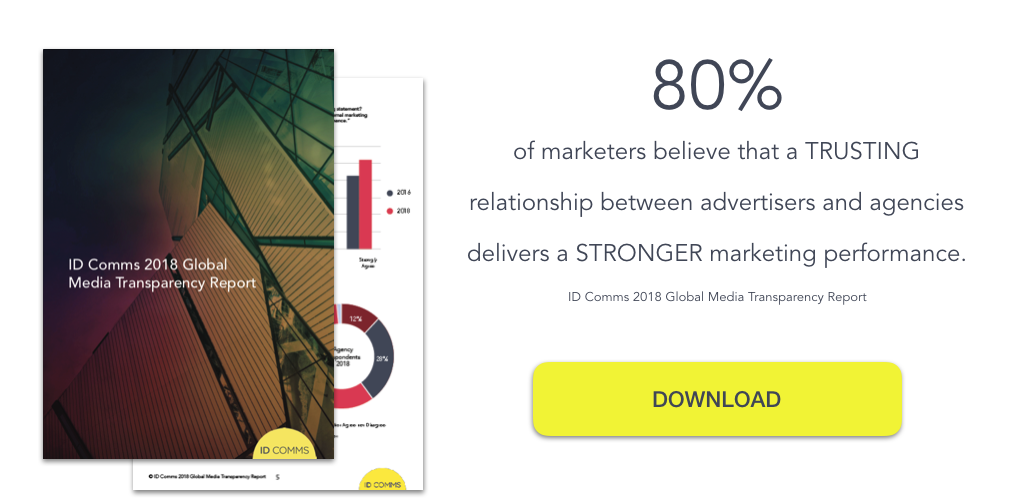The role of media and the way it is managed is far more important than it was in 2009, when I co-founded ID Comms.
There is one thing that unites the many global and local brands we’ve worked with in the past decade: they have all truly believed that strong management of media investments would offer some form of competitive advantage.
It didn’t matter where they sat on the spectrum of marketing and media sophistication. They all fundamentally understood that media, if managed well, could help drive their business forward.
Some saw that competitive advantage in leveraging their scale to secure the lowest media prices, while others sought to find more strategic ways of generating additional value from their media budgets and their agency relationships.
Over the past decade, the latter approach has become more important for advertisers of all sizes, helped in no small part by the migration of media spend to digital platforms activated through programmatic and auction-based marketplaces.
Reflecting on the past decade as chief executive of a management consultancy advising on media change, I’ve witnessed five major themes to the transformation of media’s profile, both within advertisers and across the media industry at large.
Less trust
First, and most disappointingly, is the decline in trust. In the past 10 years, we've transitioned from a place where many brands placed blind trust in their media agencies and in some cases relinquished complete responsibility for media investment decision-making to a point where trust between advertisers and agencies is widely recognised at being at an all-time low.
The reputation of all media agencies has been severely tarnished by those agencies that decided to exploit advertisers’ trust in favour of their own bottom lines.
It will take many years and serious self-reflection to build it up again. And while many – both advertisers and agencies – are working hard on this, that trust will never be as unconditional as it once was.
Too much damage has been done and too many questions have yet to be answered.
More control
We have seen an increasing desire of marketers to take control back from media agencies.
Ten years ago, it was incredibly rare to hear the chief executive of a major advertiser have a point of view on media. Now, it is not uncommon for them to attend agency pitch presentations.
Media is in the spotlight for some of the wrong reasons above, but I hope mainly for the right reasons.
Greater accountability has been placed on media delivery and with that comes greater internal scrutiny. That has resulted in a demand and genuine appetite for greater internal control, stewardship and oversight over media decision-making.
Companies are realising that too much money is at stake not to pay closer attention and have more control.
Agency agility
Agility in the supply chain has become critical. Advertisers have become tired of complexity when it comes to managing their agencies and other partners.
In a dynamic, often real-time media marketplace, what they crave is agility in structure, simplicity in management and a partnership based on shared values around growth.
Instead, they are often confronted with a complex and fragmented agency and supplier landscape.
In my experience, progressive advertisers want to be confident that marketing investment decisions are being powered by a sophisticated interpretation of available information and that this feeds through to creative ideation, content development and media placement.
They also need their agency partnerships to be underpinned by an easy-to-manage and fair commercial model, separating those lines of business with full transparency.
The first advertising holding company that can illustrate it has succeeded in organising itself to fulfil these needs and is actively delivering an integrated solution in a way that drives value and impacts business outcomes, will frankly clean up.
Talent as the real differentiator
Advertisers have been changing their definition of what differentiates the media agencies they choose to work with.
These days, the decision is less about price and discount, and far more about talent and culture.
Media price commitments have become a leveller in a competitive environment where marketing communications and media delivery are being held to a higher standard of KPIs.
In an increasingly digital world where the volume of spend and aggregated scale has diminishing influence on the price of media, advertisers now recognise that the biggest differentiator is the ability to interpret and use data.
They are demanding that their agency partners can find insights that inform creative development and help place that message in a relevant and appropriate media environment in a timely way for a reasonable price.
In this approach, where price and data become levellers, competitive advantage for marketers comes from having access to the smartest talent.
Brands want access to the best people who are inspired and motivated to deliver great work; people who can be inspired to truly care about their businesses. 
Price is what you pay, value is what you get
The final major change we have witnessed over the past 10 years has been the increasing number of progressive marketers who are able to connect media investment with a business outcome or business growth in a simple value equation for media.
The ability to identify the moments and places of real media value creation through data has enabled clients to become the smartest part in the media supply chain.
And if there’s one change that really sums up the past decade, it’s that.
Arguably, media agencies used to consider themselves to be the cleverest people in the room, but advertisers are increasingly now playing that role themselves, embracing the opportunity to understand the real value of their media investment to drive business outcomes, not simply the price paid or discount achieved.
Over the coming years, I hope and believe that we’ll only ever discuss media within the positive and enhanced narrative of value creation, universally acknowledged as a marketer’s most important lever in driving business performance.
I expect to see significant changes to creative agencies, integrating media thinking far closer to the content development and leaving the media agencies to evolve around technology and data, and that will replace the manual media buying process over time.
For me, it continues to be a privilege to be so closely involved with progressive marketers at a time of such unprecedented change in the media industry. I have hope.
This article was Published in Campaign UK on May 21, 2019.






COMMENTS